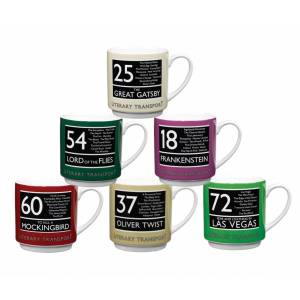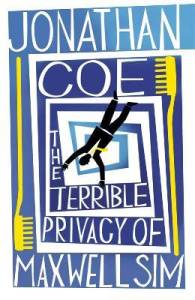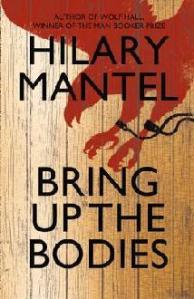 I don’t want to work for a boss who props me up just above drowning I want to work for a customer who knows I am below them and who knows that I know. This is my shame it is a shame I want to be proud of. The money is elsewhere it’s always been elsewhere that is the truth of our lives someone else somewhere above is holding the string dangling it in front of our eyes do we jump like dogs for a treat and try to grab our little handful or do we flatten our ears say I’m your dog you’re my master give him shame out of every pore make him feel so big and special that he can’t help dropping something down for you. It’s not up to us to change them our job is to lick their boots kiss their arses let them make the money they’re the ones who know how to and let’s be thankful for what trickles down.
I don’t want to work for a boss who props me up just above drowning I want to work for a customer who knows I am below them and who knows that I know. This is my shame it is a shame I want to be proud of. The money is elsewhere it’s always been elsewhere that is the truth of our lives someone else somewhere above is holding the string dangling it in front of our eyes do we jump like dogs for a treat and try to grab our little handful or do we flatten our ears say I’m your dog you’re my master give him shame out of every pore make him feel so big and special that he can’t help dropping something down for you. It’s not up to us to change them our job is to lick their boots kiss their arses let them make the money they’re the ones who know how to and let’s be thankful for what trickles down.
It’s been a long time since I read a novel I enjoyed as much as this one. The second I finished it I told the person next to me they should read it. Then all my friends. Then anybody who mint be unfortunate enough to ask me about books. Then people who went even foolish enough to that. Read it! Everybody read it! You have to read it too!
Zac, a 17-year-old young offender, is given a choice: prison, or a celebrity chef school. Zac sees a chance to make something of himself, to give himself up into the service of others, and to make himself great – whatever the cost.
There’s an enormous sense of foreboding running throughout the book. Zac’s narration ventriloquises an uneducated, obsessive young man – sentences run together, there is little in the way of grammar, and it’s peppered with slang and asides. You can see from the above quote that the voice is really distinctive. Some readers might find this hard to get on with, but after half a page I found I no longer thought about it. It draws you inexorably inside his head, you feel his desperation and his preoccupation, even as you can see (as Zac can’t) that it leads him to decisions and actions of great cruelty, both to himself and others.
Part of what makes this novel so gripping is that you’re not quite sure what you’re supposed to think you’re reading. Is this a satire on celebrity culture, as you see the TV chef who runs the schools as increasingly flawed in contrast to Zac’s dark, determined idealism? Is it a satire on the narrative perpetuated by these kind of shows, where ‘following your dreams’ and ‘wanting enough’ is the only yardstick by which other people seem to measure success? It it a lambasting of the haute cuisine world and the trend of ‘conceptual dining’ taken to extremes? Is it a story of self-destruction, as you see Zac lose himself further and further in his obsession to create perfect meals to impress ever-absent guests? And through it all, as he leaves a trail of butchered animal carcasses in his wake, you’re wondering, will anybody else will be destroyed by his quest for greatness?
Read it read it read it.
[Full disclosure: I freelance for the non-fiction arm of Quercus (the book’s UK publisher) which is how I got my mitts on a copy. However, this review has got nothing to do with them and I wouldn’t be raving about it if I didn’t mean it! ]
Rating: ![]()
![]()
![]()
![]()
![]()
First line: (I don’t actually know because I lent this book out the SECOND I finished it.)
In a tweet: Masterchef’s dirty little secret.


















